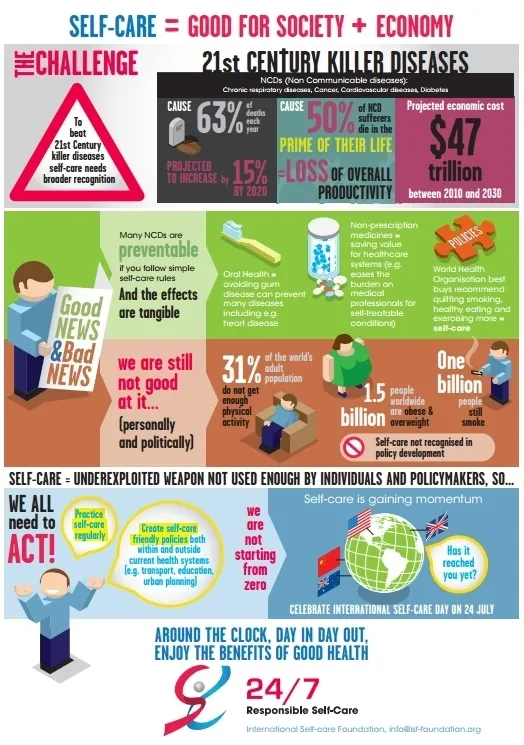
Known Self-Care Challenges
There are many elements to lifestyle disease prevention, but at its core is the need for individuals to change their self-care and lifestyle habits. However, there are significant system-based challenges with implementing self-care change:
In addition to these system-based externalities, of at least equal significance is the fact that it is difficult for individuals to adopt and sustain good self-care practices. Reasons advanced for not undertaking lifestyle changes include:
Taking all of this together, it is apparent that while the threats of lifestyle diseases are massive, the challenges of adopting self-care are also massive.

